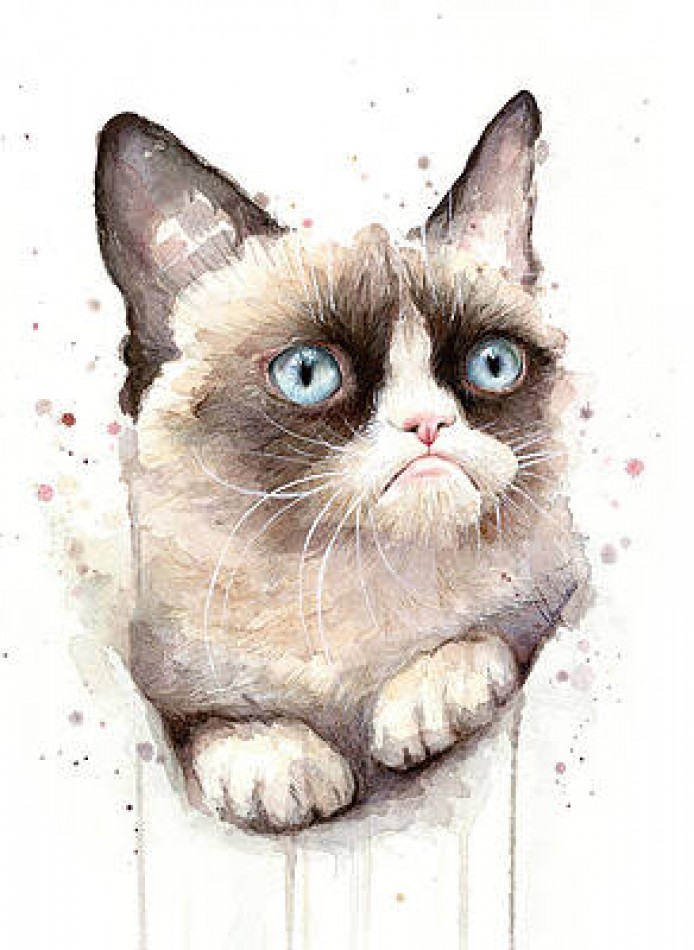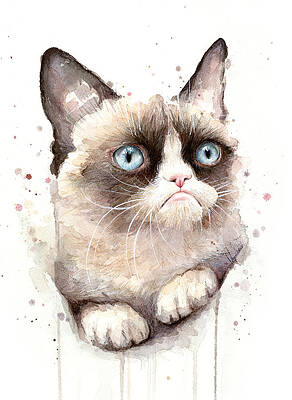Mizo
My two cats, Muezza and Mizo, are a fascinating study in contrasts. Muezza is a spirited domestic shorthair, full of energy and curiosity, while Mizo, a regal Persian, exudes an air of elegance and grace. Their differing personalities and physical traits often lead to interesting dynamics in our home, especially now that we are undergoing renovations. With all the chaos and potential hazards that come with construction, I have made the decision to keep Mizo confined to a safe area of the house. This choice, while well-intentioned, has significant implications for both him and me.
Mizo, with his luxurious fur and gentle demeanor, is a cat that naturally draws attention. His delicate nature makes him a tempting target for anyone with ill intentions. I find myself feeling particularly hesitant to allow him to roam freely outside, as I worry about the risks he might face. Although he possesses sharp claws that could defend him if necessary, his Persian lineage has endowed him with a certain lack of agility compared to Muezza. This difference in physical capability raises concerns for me; I cannot shake the thought that if a determined stranger were to approach him, Mizo might not have the means to escape or defend himself effectively.
While Mizo remains confined, I can’t help but notice how he often gazes longingly at the door. His eyes seem to reflect a yearning for the freedom he once enjoyed, a freedom that has been stripped away due to the circumstances surrounding our home. It feels profoundly unfair to keep him cooped up like this, especially when I know how much he relishes the exploration of the great outdoors. The situation has led me to reflect on broader themes of confinement and protection, particularly as they relate to societal views on women.
In many ways, Mizo’s situation serves as a poignant metaphor for how women are often perceived in society. Just as Mizo is treated as a fragile being in need of constant protection, women frequently find themselves viewed through a similar lens. Despite their strength, independence, and capabilities, society tends to cast women in the role of the delicate and vulnerable, much like Mizo, who is kept inside for his own safety. This perspective fails to acknowledge the complexity and resilience that women embody, reducing them to a stereotype that does not reflect their true nature.
Reflecting on this societal tendency, I have come to understand my mother’s consistent worry about my well-being in a new light. Her concern, which I once viewed as overprotective, now resonates with the broader cultural narrative that suggests women need safeguarding. It’s not merely about my safety; it mirrors a collective mindset that often underestimates women’s abilities and autonomy. This realization has been both enlightening and troubling, as it highlights the ways in which protective instincts can sometimes reinforce limiting beliefs.
Mizo’s anxious presence, confined for what is deemed his own good, has become a powerful symbol of this struggle. His longing for freedom parallels the frustrations that many women experience when they are not allowed to fully express themselves or pursue their aspirations due to societal constraints. Just as I feel guilty for keeping Mizo inside, I also recognize the guilt that can accompany the realization that women are often held back by the very protections that are meant to keep them safe.
This reflection invites a deeper conversation about the balance between safety and freedom, both for my cat and for women in society. While it is essential to protect those we care about, it is equally important to empower them to navigate the world on their own terms. Muezza, in contrast to Mizo, embodies this spirit of exploration and independence. She roams freely, unencumbered by the fears that hold Mizo back, reminding me of the importance of encouraging autonomy and self-discovery.
As I observe the dynamics between my two cats, I am reminded of the importance of fostering environments where individuals—whether they be cats or women—can thrive without unnecessary limitations. It is crucial to recognize that strength and vulnerability can coexist, and that providing support does not mean imposing restrictions. Instead, we should strive to create spaces where everyone feels empowered to explore their potential, just as Muezza does with her fearless adventures.
In conclusion, my experience with Mizo and Muezza has opened my eyes to the nuanced ways in which society views women and the implications of those views. Mizo’s confinement for his safety serves as a metaphor for the societal perceptions that often limit women’s freedom and agency. By understanding these dynamics, we can work towards a future where both cats and women are free to express themselves without the weight of undue protection. Just as I hope to find a way to allow Mizo some freedom while keeping him safe, we must also strive to create a world where women can navigate their lives with confidence and autonomy, free from the constraints of outdated perceptions.
Mizo || Juairia Jasia
Hailing from Chattogram, Bangladesh, Juairia Jasia is a budding writer with a love for storytelling, debating, and editing. She enjoys creating captivating worlds through her stories while refining her craft through editing. A passionate reader, she believes in the power of stories to connect people and inspire change. Always eager to learn and explore new ideas, Juairia continues to nurture her creativity and critical thinking skills.






